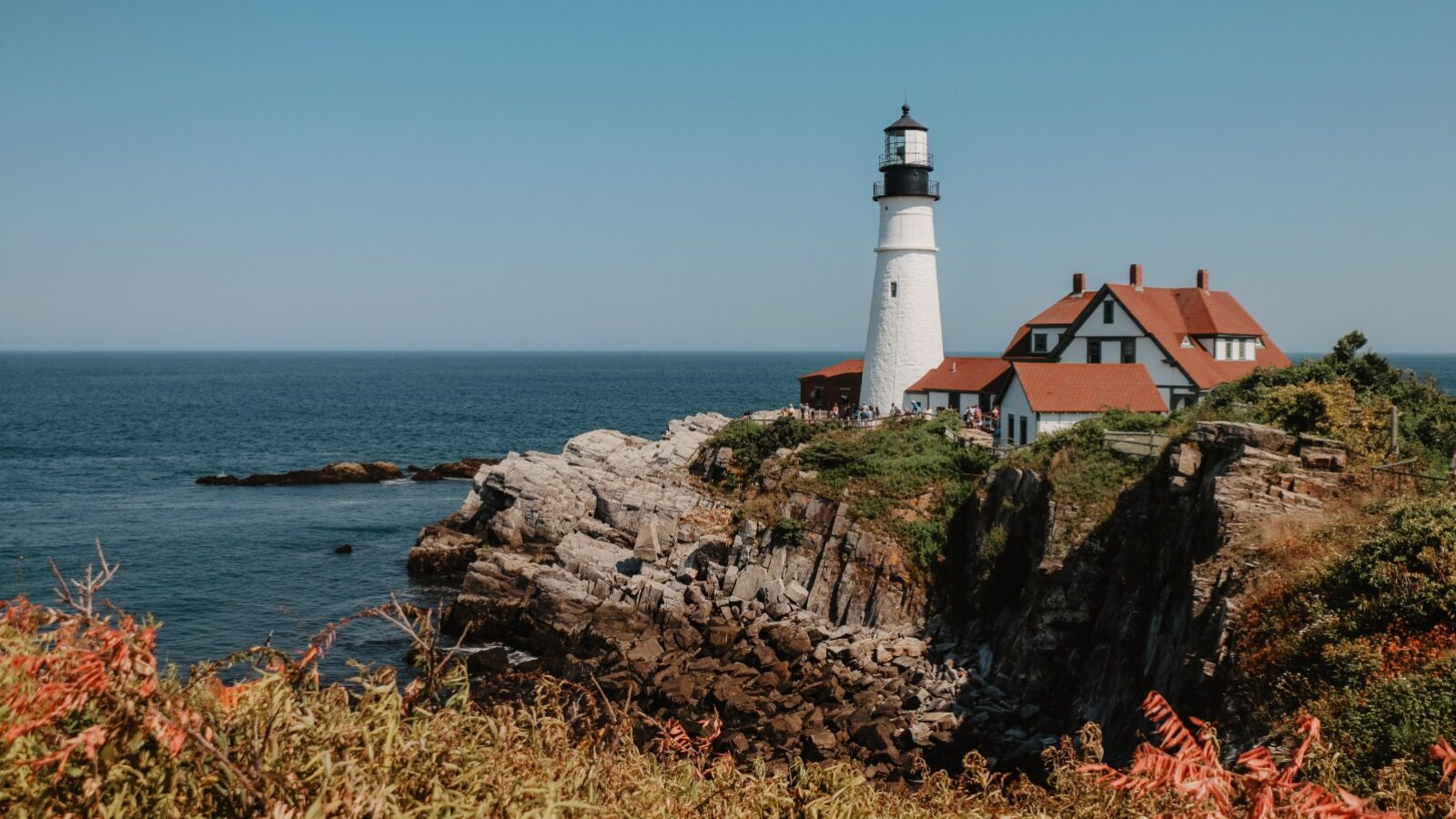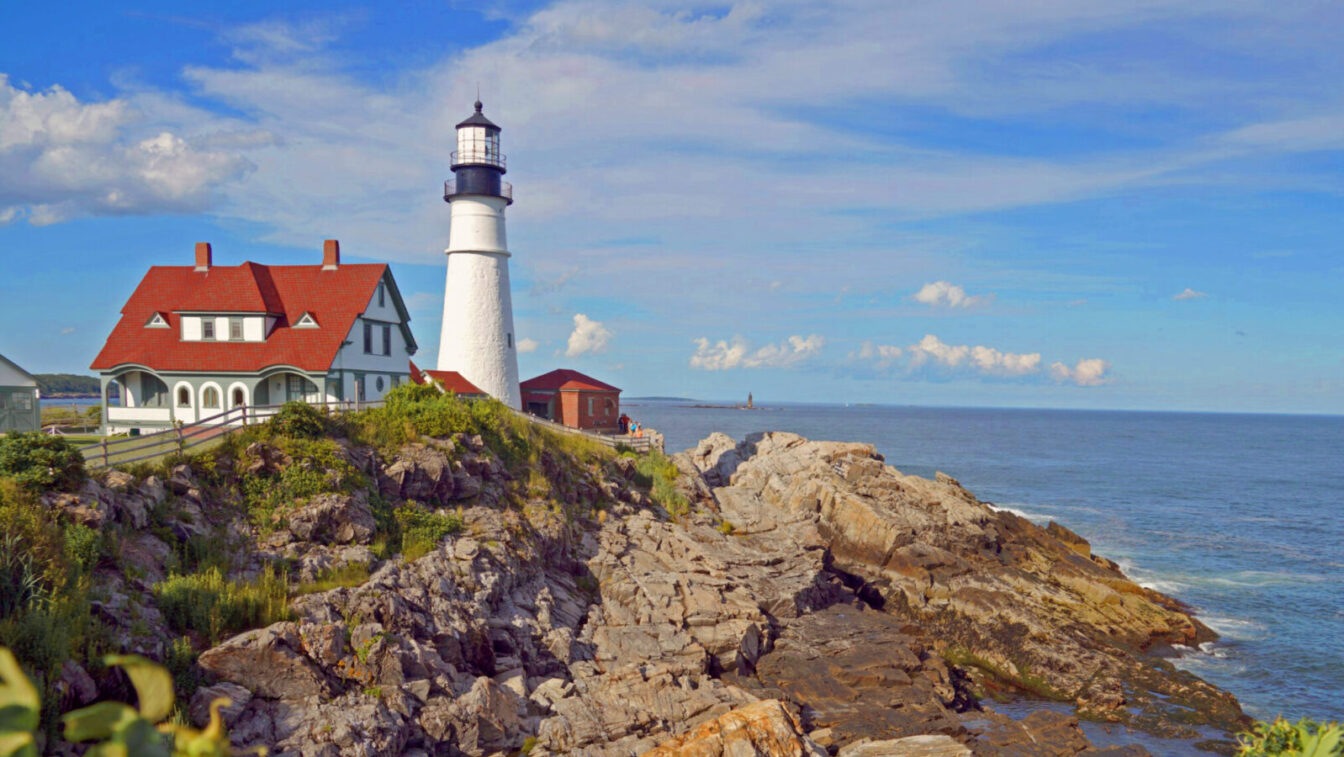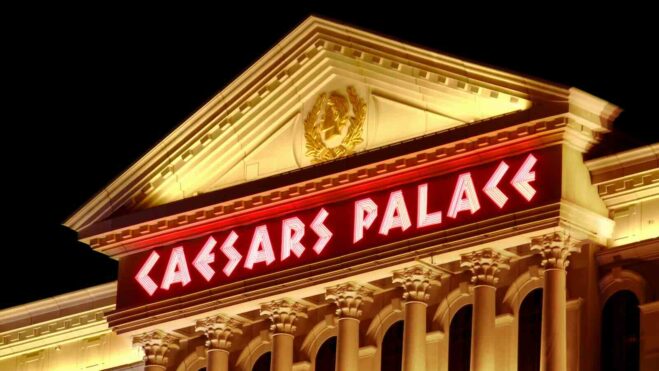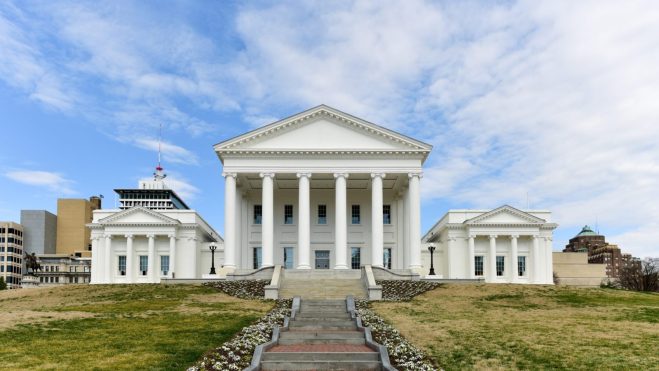Maine Takes Big Step Toward Legalizing Online Casinos; Hurdles Remain
The House passed a measure, but the Senate and a wary governor may stand in the way
1 min

The Maine House voted last week to allow the state’s four Wabanaki Nations tribes exclusive rights to operate online casinos in the state, but major obstacles remain before Maine would become the eighth state to approve online casino gaming.
The bill, LD 1164, would permit Maine’s federally recognized tribes that already run the state’s sportsbooks — Penobscot Nation, Passamaquoddy Tribe, Aroostook Band of Micmacs, and Houlton Band of Maliseet Indians — to exclusively operate online casino games. Commercial operators are not eligible.
As written by Rep. Ambureen Rana and Sen. Marianne Moore, only the tribes can hold operator licenses, though they may partner with one outside vendor that is licensed separately to manage their platforms. Each license would cost $50,000 annually.
A 16% tax on adjusted gross revenue would be split among addiction treatment, veterans’ services, emergency housing, and other state funds.
The bill includes the standard strict consumer protections: age verification, geolocation, responsible gambling tools, and advertising restrictions. Players must be 21 or older and located in Maine.
It also would require operators — in what would be a first-in-the-nation move — to intercept large winnings from players who owe child support, using a state-run database.
The Gambling Control Unit would regulate the industry and oversee licensing, compliance, and data security.
Passed — but hold on
The measure passed the House on Thursday by an 85-59 margin, according to MainePublic.org.
Rep. Brian Reynolds, the tribal representative for the Houlton Band of Maliseet Indians, wants to see legalization happen.
“We know how to do this the right way,” Reynolds said. “We’ve seen how the regulation of sports wagering has worked in Maine quietly, efficiently, with no disruption to local communities. I-gaming will be no different. We are asking for the chance to build.”
That chance, however, is seemingly unlikely.
The state’s Senate would still have to pass the legislation, and it faces some stiff opposition.
For starters, the state’s brick-and-mortar casinos — Hollywood Casino in Bangor and Oxford Casino — are firmly against the passage of the bill.
Perhaps more significant is that the administration of Gov. Janet Mills testified against the bill during hearings, potentially signaling a veto should it ever reach her desk.
The state is nearing the end of this year’s special legislative session.






